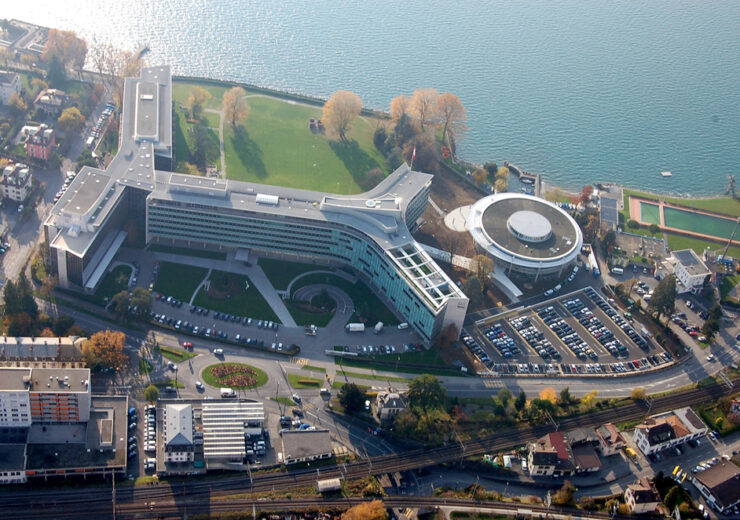Nestlé has announced a new strategy under which it will invest nearly $3.6bn in the next five years to tackle climate change through support for regenerative agriculture

Nestlé WellNes Centre in Vevey, Vaud, Switzerland. (Credit: Flickr/Nestlé.)
Nestlé has announced its plans to invest up to CHF3.2bn ($3.6bn) in the next five years to combat climate change.
As part of the action plan, Nestlé aims to plant 200 million trees, support farmers and suppliers to advance regenerative agriculture in the next decade and also to transition the company to 100% renewable electricity by 2025.
Furthermore, it also plans to increase the number of ‘carbon neutral’ brands.
Nestlé claims that the roadmap is the result of a complete review of its businesses and operations to understand the depth and determine the actions needed to address it. It has taken its 2018 greenhouse gas emissions which totalled 92 million tonnes as the baseline to measure the progress.
The food company claims to be already working with more than 500,000 farmers and 150,000 suppliers to help them in implementing regenerative agriculture practices.
Such practices are expected to improve soil health while maintaining and restoring the ecosystems. In return, the company claims to be rewarding the farmers by buying their goods at premium prices, buying in bulk quantities and is also co-investing in necessary capital expenditures.
By 2030, Nestlé aims to source more than 14 million tonnes of its ingredients through regenerative agriculture, to boost demand for such goods.
Nestlé is also planning to scale up its reforestation programme and plant 20 million trees every year in the next decade across the areas where it sources its ingredients.
The trees are expected to provide more shade for crops, more carbon being removed from the atmosphere, higher yields, improved biodiversity and soil health. Its primary commodities such as palm oil and soy are expected to be deforestation-free by 2022.
The third step is to power Nestlé’s operations across 800 sites in 187 countries with 100% renewable electricity within the next five years. It is also switching its global fleet of vehicles to lower emission options and also to reduce offset business travel by 2022. It is also implementing water protection and regeneration measures to tackle food waste in its operations.
Nestlé CEO Mark Schneider said: “Tackling climate change can’t wait and neither can we. It is imperative to the long-term success of our business. We have a unique opportunity to address climate change, as we operate in nearly every country in the world and have the size, scale and reach to make a difference.
“We will work together with farmers, industry partners, governments, non-governmental organisations and our consumers to reduce our environmental footprint.”
